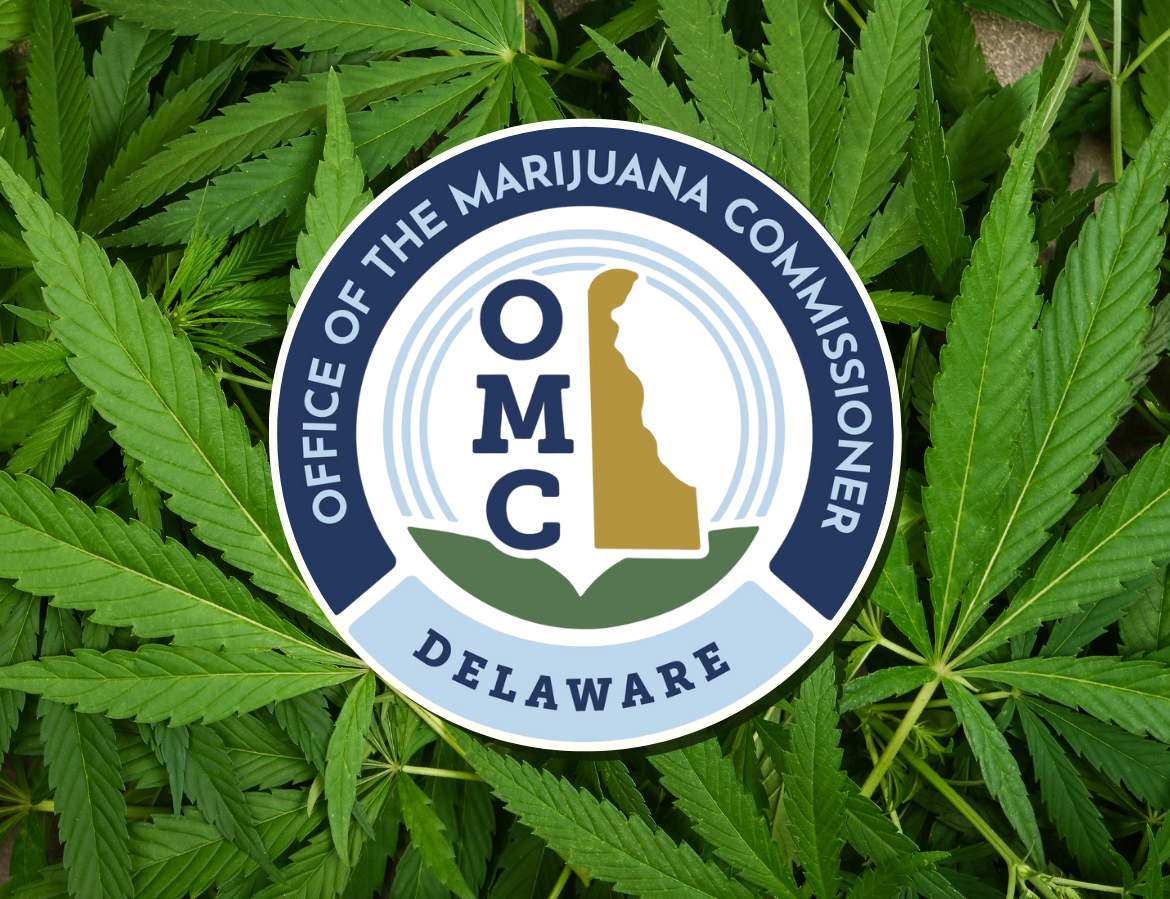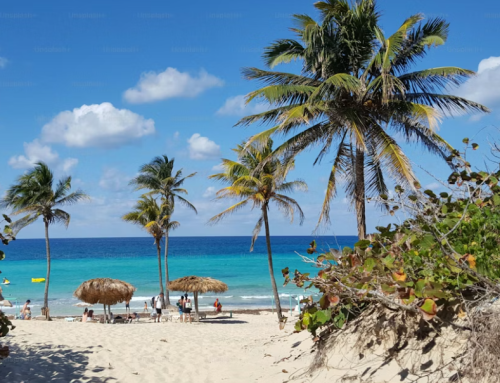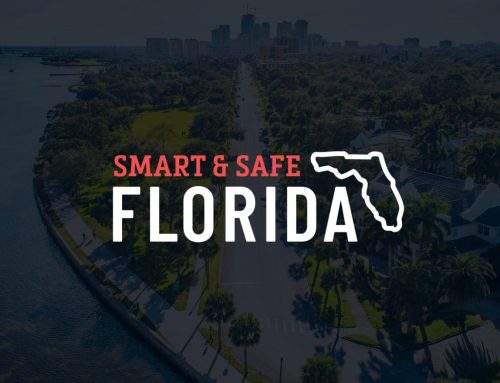Delaware OMC Reports $7.4M in First Month of Recreational Cannabis Sales
DOVER – Retailers in Delaware sold about $7.4 million worth of Cannabis products in the first month after recreational sales began on August 1, according to a report from the state’s Office of the Marijuana Commissioner (OMC). The figure points to steady consumer demand in The Diamond State, across all three counties, where adult-use Cannabis became legal more than two years ago but faced delays in market rollout due to regulatory hurdles and local zoning issues.
Sales data show that flower accounted for the bulk of purchases, totaling $4.1 million or roughly 55% of the overall amount. Other items like vapes, edibles, pre-rolls, tinctures, and topicals made up the rest, reflecting a range of buyer preferences in the early days of the program. The market started with 12 locations (converted from existing medical dispensaries) spread across New Castle, Kent, and Sussex counties, though some sites remained medical-only because of municipal restrictions.
The debut month built on a promising opening weekend, when adult-use sales alone reached $625,000, generating close to $94,000 in tax revenue at the state’s 15% rate. By the end of the first two weeks, combined medical and recreational figures hit $3.2 million, setting a pace that led to the full-month total. State officials described the results as a sign of high interest and effective operations, with no major shortages reported despite initial concerns over supply.
For context, Delaware’s medical Cannabis program, in place since 2011, brought in $44.9 million across all of 2024, down from $53.8 million the prior year as some patients shifted to out-of-state options or let registrations lapse. The new recreational segment, even in its infancy, suggests potential to boost overall industry revenue substantially. Analysts estimate the adult-use market could reach $215 million annually once fully operational, yielding over $40 million [!] in taxes and fees. Yet the 15% tax (higher than in nearby New Jersey and Maryland) could pressure prices and encourage cross-border shopping, a factor that has tempered growth in other states.
The commissioner’s office has issued 79 conditional licenses and three active ones since the current leadership began, with more approvals expected soon. Grants for social equity applicants, funded partly by conversion fees from medical operators, aim to broaden participation in a sector that awarded 125 new licenses via lottery last year. A review of regulations is also in progress to address any early gaps.
Delaware’s entry into recreational Cannabis aligns with a national trend, where 24 states now permit adult-use sales and the industry contributed $115 billion to the U.S. economy in 2024. While the first-month numbers offer a positive signal for job creation (potentially 1,000 positions in five years) and state coffers, success will depend on scaling supply, easing local barriers and monitoring competition from established markets next door. As licenses activate and the sector develops, Delaware could carve out a stable niche, but operators and policymakers will need to watch demand trends closely to sustain this momentum.



































